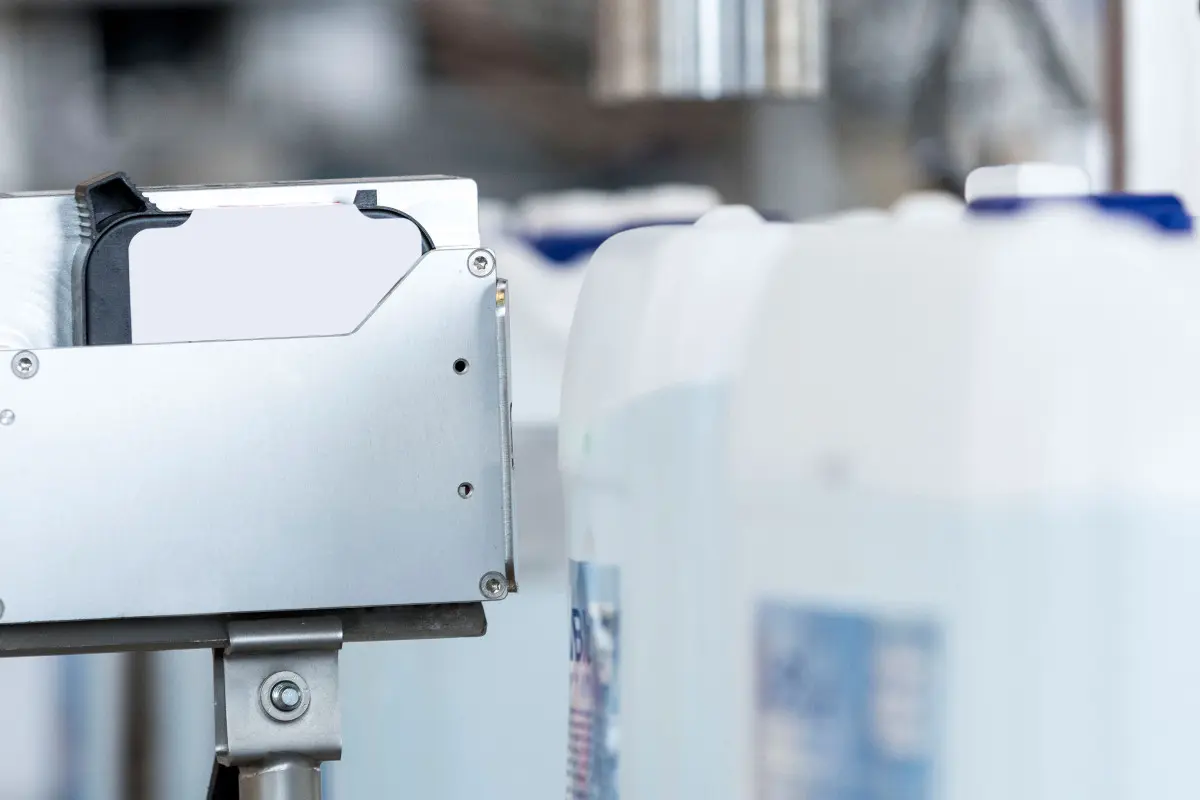
Smudge-proof printing on plastic
Plastics can be labeled very well with solvent-based inks. The inkjet printers use smudge-proof inks in different colour shades.
You have currently selected the following location:
Now switch to the following location:
Whether products, primary and secondary packaging or technical components: As a versatile material, plastic is used in many industries. Its areas of application include PET bottles, films, food packaging, household appliances, canisters, floor coverings, electrical insulation, pipes and profiles. Due to the diversity of plastic products and packaging, there is no standard solution for their labeling. Rather, it is a matter of carefully selecting the right marking technology. We help you select the right system and check the nature of the objects to be labeled. After all, it makes a difference whether you want to label profiles, flexible bags or chrome-plated plastic parts. Do you have other individual requirements for the labeling - should it be particularly small and unobtrusive or very large and visible at all times? Whether your products are further processed and have to withstand oil, water, heat or chemicals in the production process is also included in the consultation.
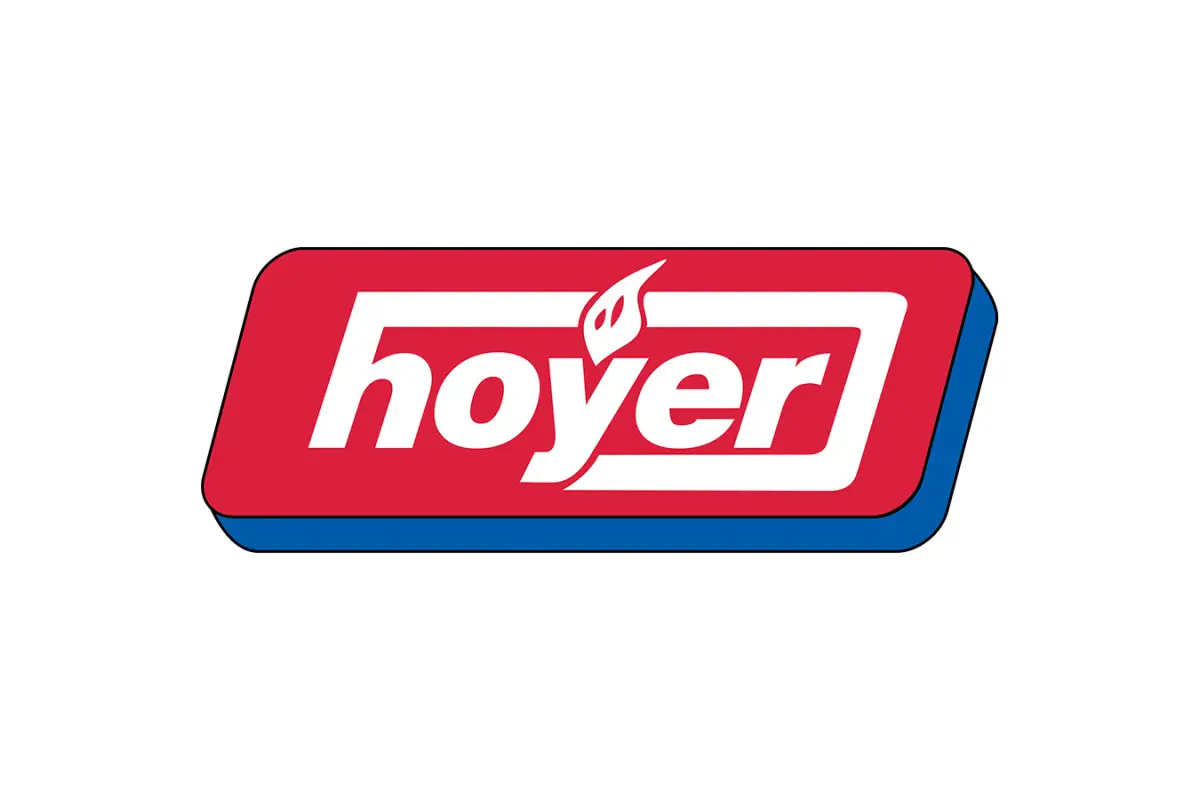
The Hoyer Group is one of the largest manufacturers of AdBlue®. Hoyer sells 150 million litres of this solution per year, filling it into bottles and canisters with capacities ranging from one to 20 litres. Every day, over 2,400 AdBlue® products have to be labelled and marked. Hoyer relies on…
Read Case Study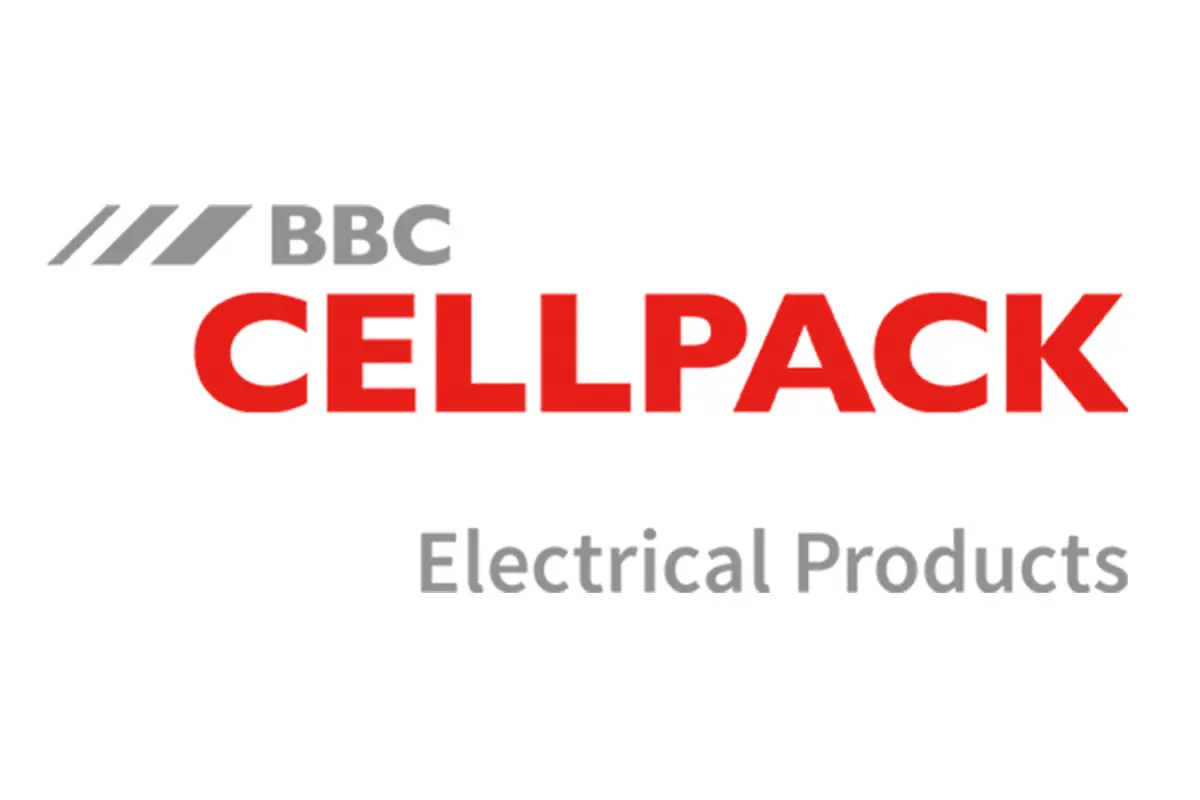
Cellpack Electrical Products develops and manufactures cable connection systems and accessories for low and medium voltages up to 42 kV. Cellpack products not only stand for high product quality made in Germany. Standard products and customised solutions must be available worldwide at short notice. Cellpack therefore relies on marking solutions…
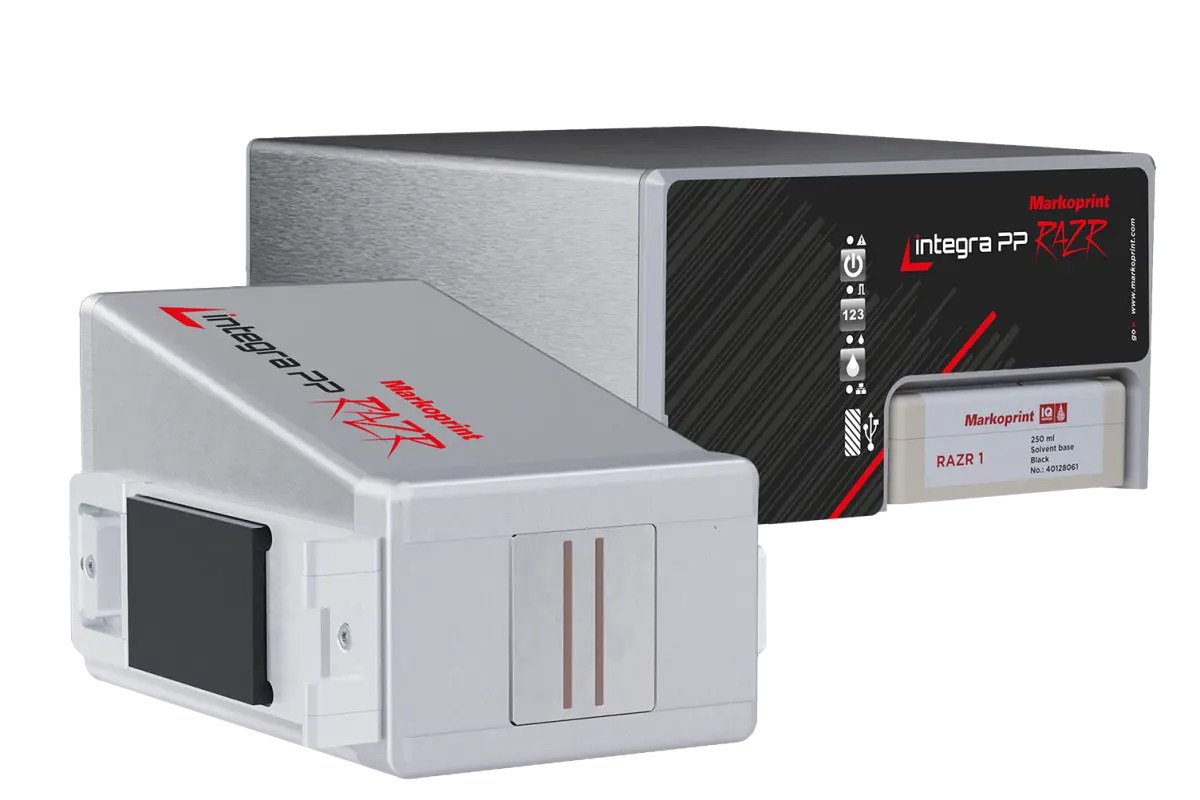
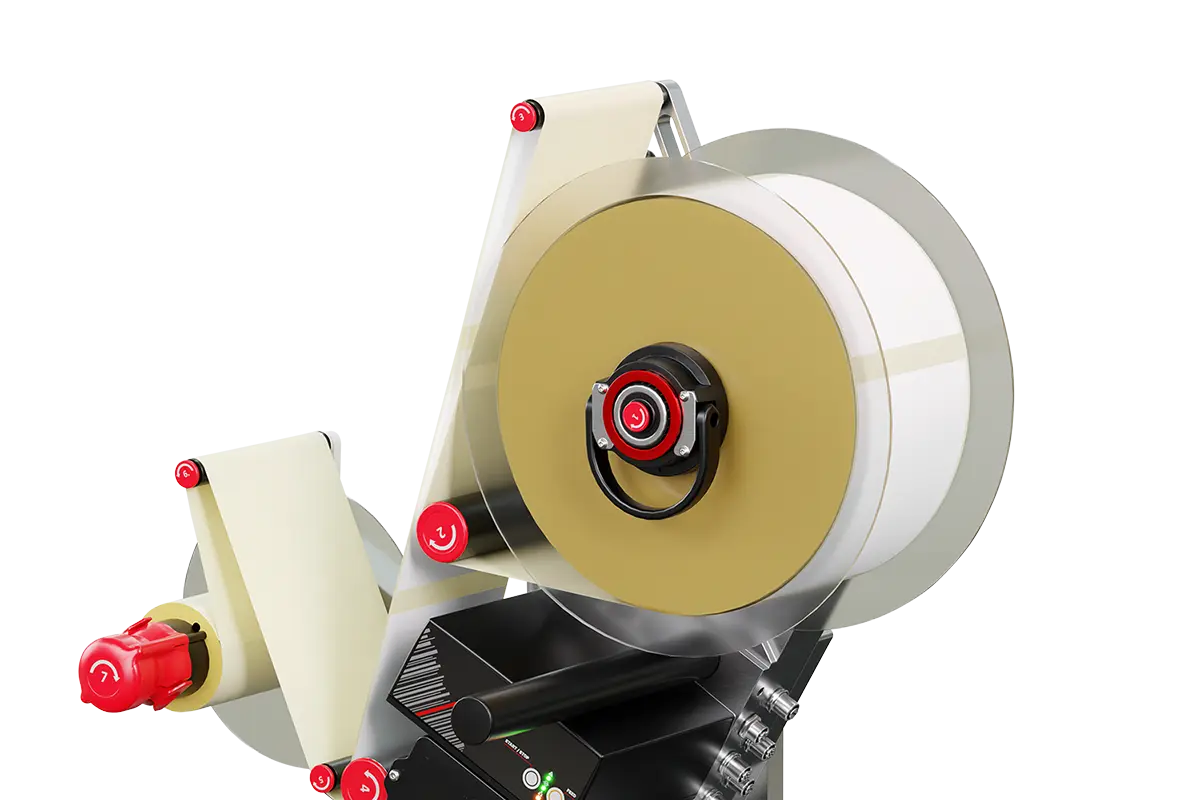
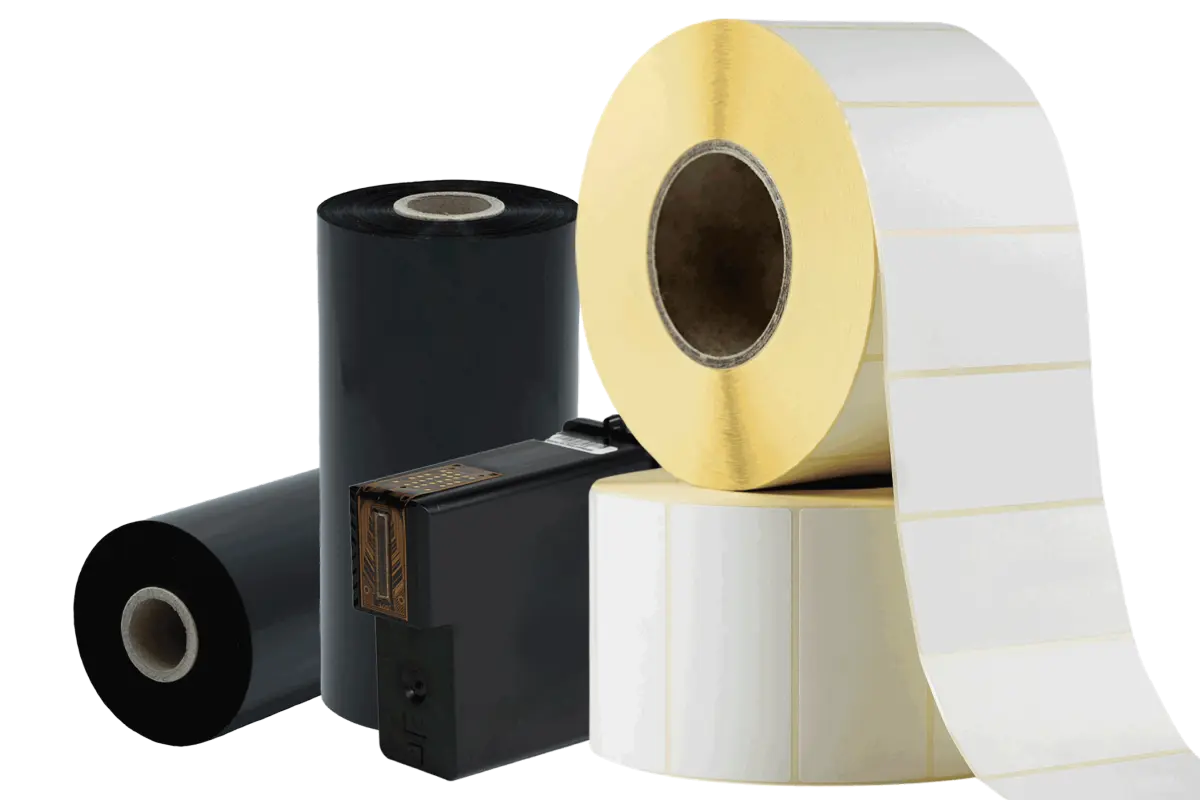
Weber Marking Systems is a leading full-service provider of industrial marking technologies. With a focus on innovation, quality and sustainability, we develop cutting-edge labeling and coding systems that meet the requirements of our customers in every industry sector. Our international sales network guarantees excellent world-wide support and service. No matter what challenges your application presents: We have the necessary experience to work with you to find the optimum solution.

Plastic is a versatile material. Depending on their mechanical and thermal behaviour, there are three main groups: Thermoplastics, thermosets and elastomers. Most plastics fall into the thermoplastics group, for example:
They differ in their mouldability, elasticity, breaking strength, temperature and heat resistance, among other things. Plastic is used in almost all industries and can be found in primary and secondary packaging, consumer goods of all kinds, insulation and technical components for cars, electronics and machines.